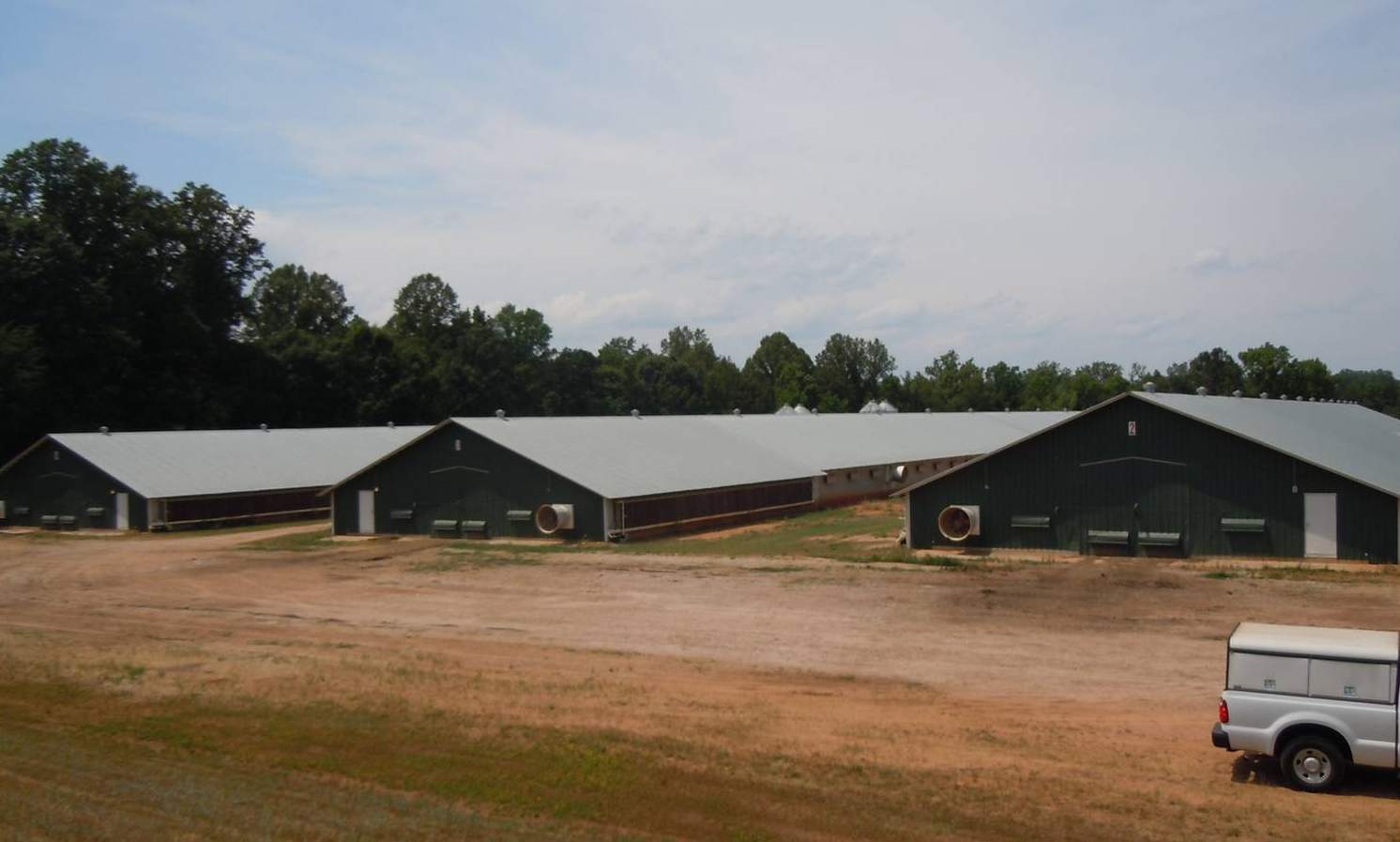On 6 November, Poultry CRC representatives attended the Australian Government’s consultation session with representatives of the Australian poultry industry in Sydney. The consultations will help develop an Agricultural Competitiveness White Paper, which will form the Government’s plan to move the agriculture sector forward for the benefit of the country.
All of the participants acknowledged the appropriateness of the overarching themes of the Green Paper, particularly noting the importance of increasing returns at the farm gate. The fundamental imbalance of commercial power between farmers and wholesalers/retailers was seen as a significant contributing factor to this number one issue of competition and regulation. Another major factor is the imposition of red and green tape on farmers who already labour under significant amounts of regulatory and quasi-regulatory requirements. For example, while participants acknowledged the upside of RSPCA Approved Farming, the quasi-regulations and accompanying audits do add to the administrative burden facing today’s poultry farmers.
Participants questioned the rationale behind decentralising the Rural R&D Corporations from Canberra. As participants saw it, the move would cost time, lose staff and impact research, development and extension activities for little gain other than an ideological one of moving head offices out of the capital.
All participants agreed there was a clearly articulated need to develop “brand agriculture”, to promote agriculture as one of Australia’s major economic drivers. Participants called for greater Federal leadership to ensure nationwide consistency in capital investment structures, state and territory planning regulations and the requirements for development applications for farms. If this was achieved, it would end the differences in undertaking the same farming activities in various states and territories.
For the Egg Industry, settling the Model Code of Practice for the Welfare of Animals to ensure certainty for farmers was considered vital. This concern arose because of the earlier agreement on increased cage sizes, which encouraged farmers to invest capital to comply, only to find that the drive to free range effectively wasted their investment.
This issue led onto the whole problem of a definition of “free range”. While the ACCC’s Chairman, Mr Rod Sims, does not believe a government standard for farmers to comply with to be considered a free range farmer is required, participants found it difficult to conceive how farmers could be sure they did comply in the absence of such a standard. This point was demonstrated by the inability of the Australian Egg Corporation Limited to register a certified trade mark for free range. On this point, too, participants called for harmonisation of legislation across the nation. From the point of view of the chicken meat industry, its own inability to achieve a certification trade mark was seen purely as the result of a GetUp! campaign that the production system under the mark was, in GetUp’s opinion, “not free range”.
Farm biosecurity, critical for maintaining productivity and access to export markets, was raised in the context of small farmers and backyarders. While participants agreed there was an important place for small farmers and backyarders, it was vital to include them under the net of biosecurity. Biosecurity was also considered an important issue from the point of view of the chicken meat industry, as the loss of biosecurity would potentially destroy a pillar of Australia’s food security in respect of its most consumed animal protein source.
The need for science-based regulation from government in consultation with industry was a key message from participants. Community values as a determinant of what animal welfare should be was a “moveable feast” because of the influence of third parties following their own commercial or political agendas. For example, the undefined, feel-good goal of “free range farming” has become a vehicle for retailers’ competitive advantage, regardless of the uncertainty and inconsistency of what “free range” means. Participants considered that a standards regulatory body and government endorsed quality assurance teams were preferable to misstatements aimed at furthering non-productive and impractical agendas of third parties.
Education was also raised as an issue, from the failure to teach young children where their food and drink comes from and how it is produced, to blocking the provision of vocational educational training between states owing to the restrictions placed on TAFE teaching because of GST considerations.
Finally, participants concurred that the “E” in R, D & E had gone missing in action. Extension is now the forgotten part of the equation, seemingly due to the gradual withdrawal of state-based Departments of Primary Industry from provision of extension and their divvying up of primary industries to different states. The loss of effective extension not only deprives farmers of the ability to deploy the latest innovations available through the application of new knowledge and technology, but also deprives researchers of the fundamental understanding of how industry works, which risks making their research and development efforts irrelevant.


